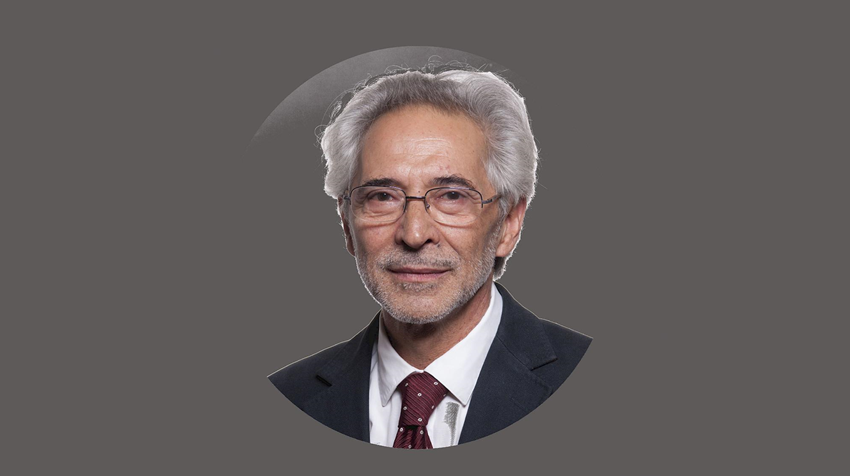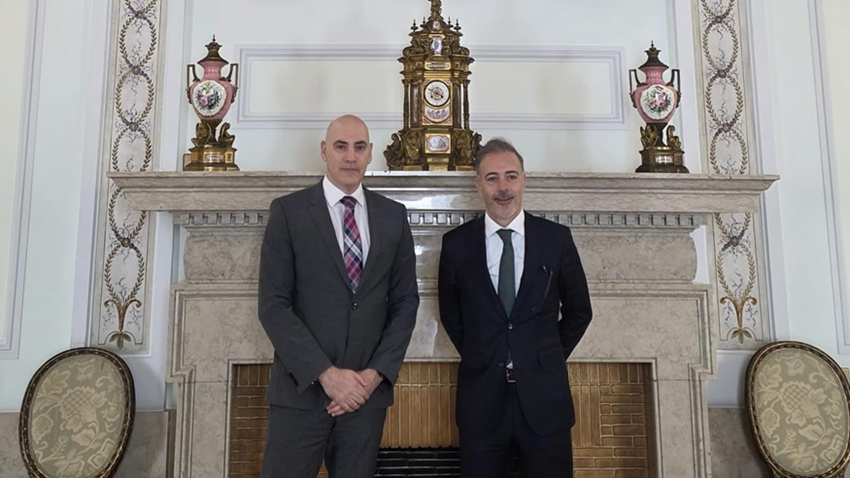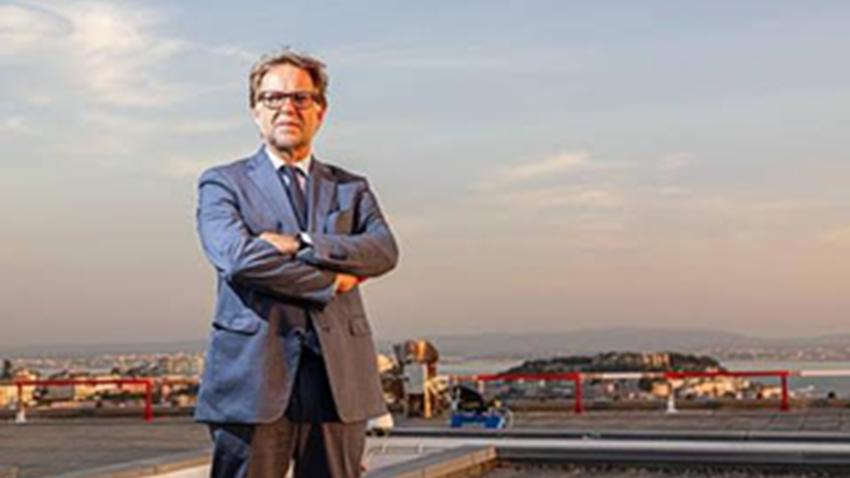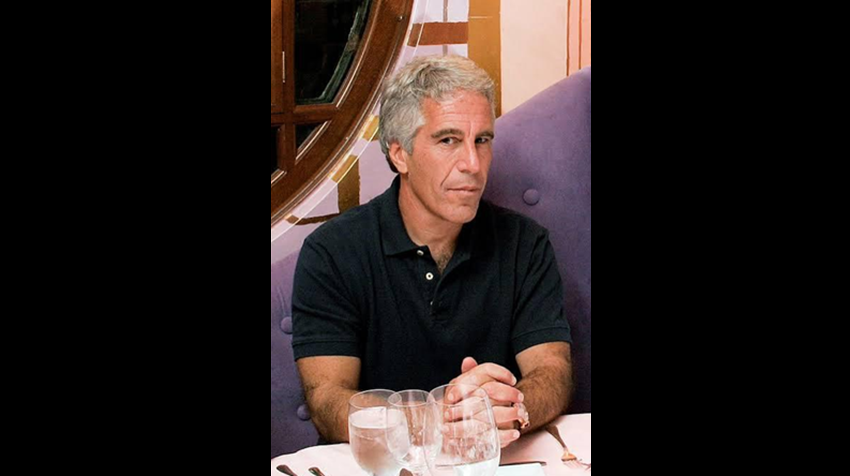On 7 November 2023, the Government of the Portuguese Republic fell. That same day, Professor Pedro Bacelar de Vasconcelos, then the national coordinator for the European Strategy on Combating Antisemitism and Fostering Jewish Life, wrote to the Jewish Community of Oporto, to say that "as the President of the Republic accepted the Prime Minister’s resignation, the Government also fell. As the appointment as “National Coordinator for the European Strategy on Combating Antisemitism and Fostering Jewish Life " came under the Foreign Minister, my functions are compromised as is my representation of this office".
Everything that happened on that day was unexpected. Both the fall of the government, and the exit of the coordinator who was then preparing his speech to the 2000 children who would convene two days later in the Holocaust Museum of Oporto to mark the date of Kristalnacht. One more intervention by the Professor in his cooperation with the Jewish Community of Oporto involving teaching about the Holocaust, the fight against antisemitism and the fostering of Jewish life.
Although formally the Professor was only replaced in February 2024, in practice he ceased his duties three months before. This was much regretted by the Jewish Community of Oporto, which is always grateful to those who help it to fulfil its religious, educational and social mission. It is no wonder that the Community soon wrote to the President of the Republic to praise the extraordinary performance of Professor Pedro Bacelar Vasconcelos.
The letter reads that Vasconcelos "understood from the start that little or nothing can be done in Portugal to foster Jewish life and combat antisemitism until there is a spirit of true communion between a representative of the Republic and the only Community with a full Jewish life in the city that is home to the living synagogues, the museums, the kosher restaurants, the cinemas with films about the history of the Jews in Portugal, the art gallery, the male choir, and so on. Even the Chabad Center of Cascais, the second largest Jewish force in the country, mainly owes its existence to the Oporto Community."
Professor Bacelar Vasconcelos’s first contact with the Community took place under terrible circumstances, at an event of the European Jewish Association in Oporto, that brought together 150 leaders of Jewish communities from Portugal to Ukraine. At the time, for facts outside his control, the distrust shown to the coordinator, or rather to any choice of the government’s, was vicious. His speech was followed right away by very sensitive questions and comments, to which he was able to reply. He then wished to become more closely acquainted with the Jewish Community of Oporto, its members, families, institutions, the projects underway and everything in which the Portuguese Republic might be able to help. He thought, he reflected, he assessed. He had an obvious interest in the details, in the books he handled in the library, in the prayer books he tried, the tallits he wore, the paintings in the gallery and even in the family stories of the Ashkenazim who a century ago had founded the community with Captain Barros Basto.
It was a time of debates between community members about this pensive character. The Community knew he was a renowned constitutionalist, with an extensive academic and political curriculum in Portugal and abroad. The Community knew that years earlier he had single-handedly faced up to violent crowds demonstrating against gypsy populations, crowds that physically assaulted him. His attitude was one of a very culture, fearless and independent man. "And he’s not Jewish?", an orthodox lady of the community asked, as if only Jews were known to have such characteristics.
The greatest doubt lay in discovering his commitment and desire to foster Jewish life in Portugal, for he was a left-wing man, possibly too liberal, and the Jewish reality is in essence traditionalist, family-minded, tribal, in fact encompassing the 12 tribes.
What the future showed was what the Community wrote to President Marcelo Rebelo de Sousa: "The coordinator tore down psychological barriers regarding the Oporto Community, which had been made “toxic” by the powers in Lisbon. Independent, cultured, a man of law, rich in the true meaning of the word, the Professor had much work before him, had his mission not been so abruptly terminated. He was introduced to some of the most important people at the institution. He met several times with its leaders. He spent time with members of the Community and even partook of a glass of kosher Port wine at the Community’s cellar, with Dr. Marilyn Flitterman, known as the “Boss” by the congregation, a nonagenarian lady who is impressive for her vitality and elegance. He gave a speech at the inauguration of the Memorial to the Victims of the Inquisition in the Jewish Museum of Oporto. He gave a speech at the Holocaust Museum. He was present at the European Day of Jewish Culture, held in Oporto. He was interviewed by Israeli television channels. He wished to experience Judaism from close up. For hours, he took part in a crowd of 700 Jewish believers at the Yom Kippur ceremony at Kadoorie Synagogue, an overwhelming environment of religious fervor of a closed culture of more than three millennia."
In February 2024, a new coordinator was appointed, Ambassador Manuela Franco. She also appears to be an extraordinary person who is committed to her office. She has taken part in many events with the Portuguese Jewish communities and other Jewish bodies. A lot remains to be done, but that requires the Ambassador to be received by the foreign minister, which so far does not seem to have happened. Ensuring the conditions the Ambassador needs to work to combat antisemitism and foster Jewish life in Portugal lies in the hands of the current Social Democratic government.


































